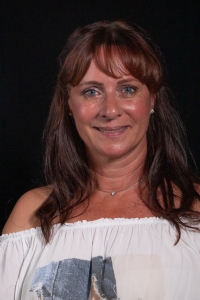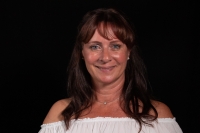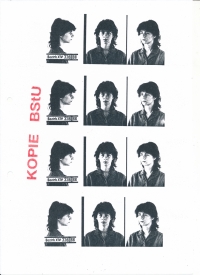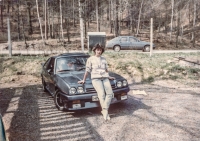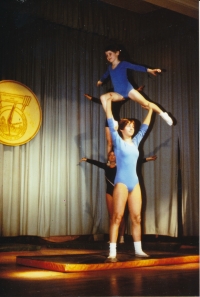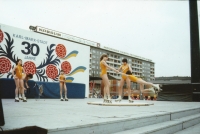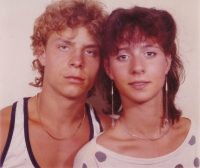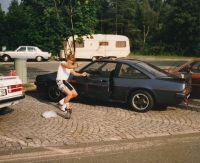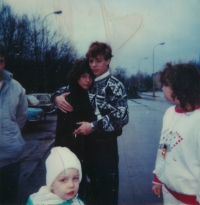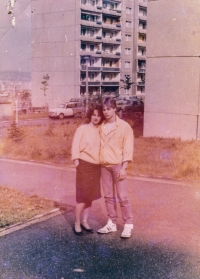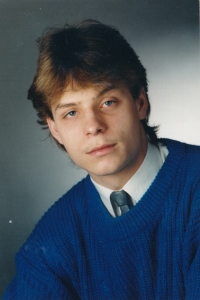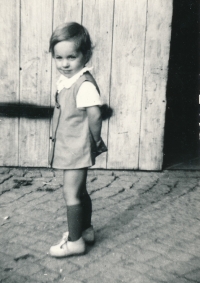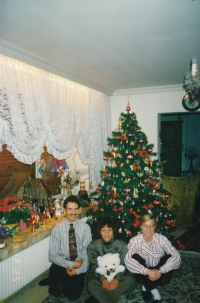I was only convicted because I fell in love

Stáhnout obrázek
Krystina Hauck was born on 14 September 1970 in Karl-Marx-Stadt, East Germany (GDR). She fell in love with a boy whose family was later permitted to go and live in West Germany. She could only meet him in Czechoslovakia, where they were both allowed to go. Immediately after coming of age, her boyfriend tried to take her across the Iron Curtain in the boot of his car near Cheb, but they were exposed. After staying in Czech custody, she was extradited home to the German Democratic Republic, where she spent more than a year in prison. She was only released on amnesty on 9 November 1989, the very day the Berlin Wall crumbled. Immediately afterwards, she moved to the West. However, the damaged relationship with the boy she had wanted to escape with could not be restored. To this day, she still has been attending therapy and coping with the consequences of her imprisonment, fearing cramped spaces and fast cars. She was rehabilitated in the Czech Republic thanks to the initiative of JUDr. Lubomir Müller, but the financial compensation was only symbolic.
